This blog was written by Kimaya Mehta, a 13-year-old student and blogger from Mumbai. It was commissioned by Sonali Saini, Founder Director of Sol’s Ark, an Indian NGO that conducts innovative education research to build inclusive learning content, ensuring every child can learn and that innovation will reach the last mile. Kimaya interviewed 13 children from the ages of 10 to 19 attending both private and government schools in Maharasthra, including two children living with disabilities. The children are quoted in bold.
“Staying at home is not exactly hard, per se, but the whole lockdown itself is stressful and we don’t know what to do with ourselves”. So concluded a group of thirteen 10 to 19-year-olds in India who took part in a survey about the impact of the COVID-19 pandemic lockdown on children, and in particular on home schooling.
When the pandemic hit, the world went home, and then the world went online… Educationalists grasped for or created digital content to try and help children fill that time when they should have been in school. But has this been the right decision? At Sol’s Ark, we wanted to ask children the answer to this question, and so worked with Kimaya, a talented teenage blogger who reached out to 13 other young people. Kimaya writes:
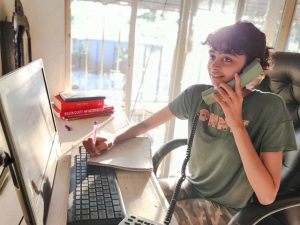 When asked for their opinion on digital learning, the answer was emphatic: “I don’t even need to think to answer this. There’s one word, which is the definition of online school ‘unnecessary’. Online schooling is beyond unnecessary, what children truly need now is someone to talk to”.
When asked for their opinion on digital learning, the answer was emphatic: “I don’t even need to think to answer this. There’s one word, which is the definition of online school ‘unnecessary’. Online schooling is beyond unnecessary, what children truly need now is someone to talk to”.
From practical issues, like their teachers expecting them to magically own a printer, which is impossible in current circumstances; to the inability to seek feedback and clarification – online schooling got a big thumbs down. “Having to sit in one spot to learn things that aren’t going to come in handy, for hours on end is vexing beyond belief!”
Kimaya goes on to explain that what children truly need right now, is somebody they can speak to. Their mental state is horrible, due to this situation. How is staring at a screen, learning about the world’s most redundant things going to help them? “Take time to listen to your children – don’t assume that you know what they need!”
When asked ‘what worries you the most?’, everything from the virus itself at both an individual and a family level, to people’s adherence or non-adherence to the lockdown were the common answers. And when asked ‘what do you miss most?’ there was no hesitation, the answer: they missed their friends and going to school immensely.
Parents are trying their hardest to distract their children, to convince them that they are safe and that there’s nothing to worry about, pushing them to study daily, in an attempt to give the impression that everything is normal. But is it really what they should be doing? Is everything as normal as it seems?
“Seeing people fight around us scares us, it’s a side of them that we have never seen before”. Fighting instigated by the lockdown is affecting people psychologically, especially children. A few children talked about how it made them pick on each other for the tiniest things, while a lot of them mentioned having to endure the noise created by their neighbours, who wouldn’t stop fighting.
This situation for the children is emotionally unnerving. Many are trapped in their own homes, while others, like migrants, would be disobeying the law if they tried to go home.
Through the fear and pressure, there have been a few positives that the children explained. When asked questions about the future, the children were able to respond from a very personal level right up to huge altruistic wishes for the climate. Some anticipated a big party – ‘streets will be flooded’, and yet others are convinced that everyone will still practice social distancing out of fear even after the lockdown ends. A big hope was that we will go on to take better care of our Earth. “This’ll make all the climate change deniers and polluters come to their senses, and they’ll hopefully take better care of our Earth!” … “We are not the only people suffering.”
Kimaya calls us to action: It’s been over a month and a half since people have seen their loved ones, have had to study and work in their congested apartments, and are burdened with the constant fear of this deadly virus. The struggle is real. It really couldn’t get worse than this. As a child myself, I am speaking on behalf of all the children. The lockdown has also taught people the value of human interaction. So, take the time out to listen to your children, understand what they really need. Don’t decide their needs yourself. I urge you.

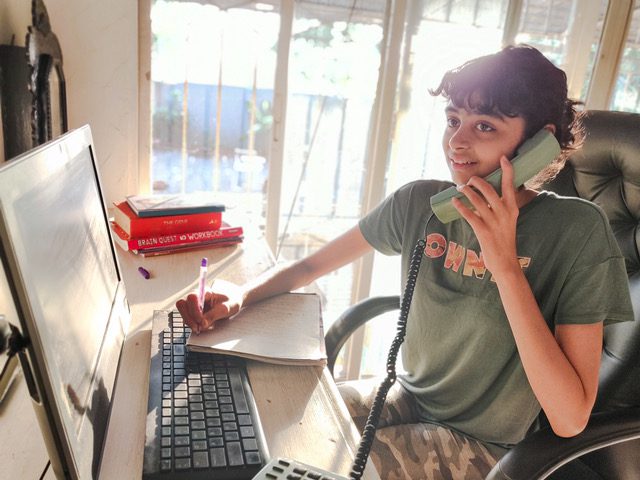
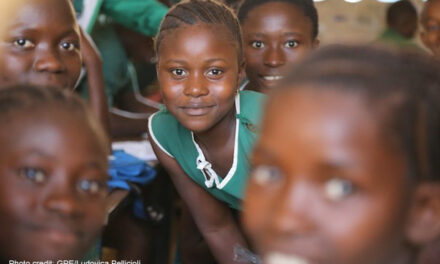
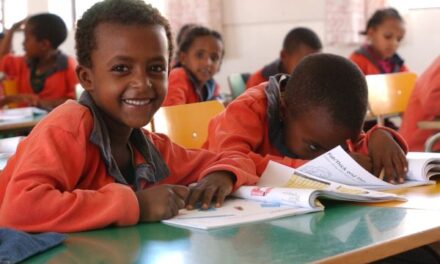
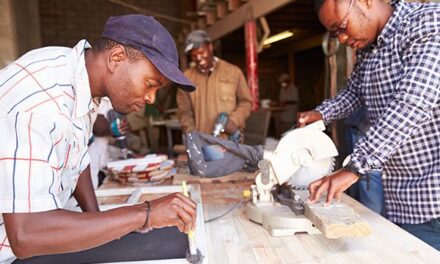
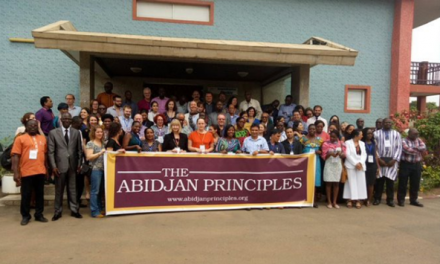
Wonderful observations, Kimaya. Truly, I as a parent was focusing on how best to equip my child to catch up on the haphazard school assignments. Your blog has had me thinking… Maybe all that can wait… Maybe what he needs right now is someone to talk to, a friend to just fool around with, a walk in the park.
Thanks for this eye opener.
Very thought provoking, Kimaya! Logical, practical and concise! Well done!
So true! Children don’t necessarily need online education, they want a friend. Online learning startups like K8school, Unacademy, and UpGrad won’t do them any good if they won’t focus on the social development of the kids. The times like these call for a big change in our education and parenting so that we can sustain. Pandemic is truly a tough test for all of us.